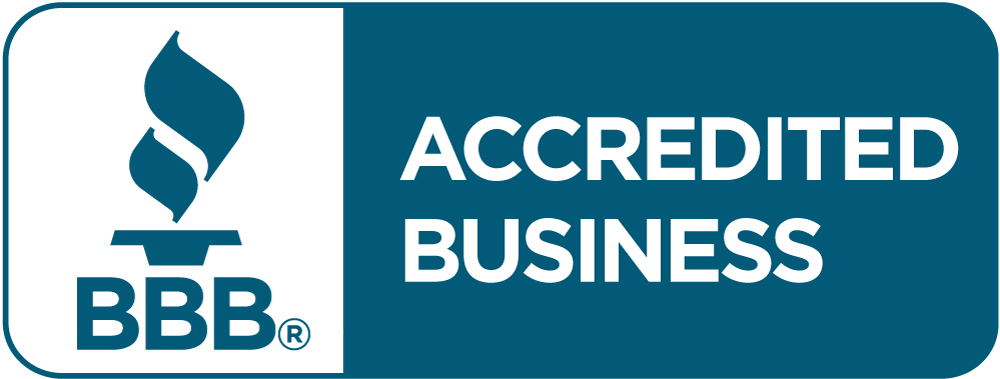Quick Links
ToggleYou’ve secured financing for your business and things are going great — until a few unexpected events leave you short on cash to make your payments. Your lender puts your loan in default and you’re stuck facing the consequences.
Being in default can make it difficult to focus on the ongoing needs of your business, but the right lender and funding program can help you avoid defaulting on a loan. At Zinch, we work directly with business owners like you to find a loan structure that fits your ability to pay. If your business runs into cash flow trouble, we’re ready to find a solution and help you avoid defaulting on your loan.
Be prepared to take on business financing by learning what defaulting means, what happens after you default on a business loan, and how you can avoid defaulting in the first place.
What Is Defaulting on a Business Loan?
Defaulting on a loan means you haven’t paid back the loan amount according to your loan agreement, whether it’s a personal loan or a business loan. Most of the time lenders consider your loan in default if you miss payments.
Many lenders offer a grace period after a missed loan payment to give you time to make the payment before the loan goes into default. However, this isn’t always the case — some lenders consider a loan in default right after missing a payment.
If you default on your business loan, your lender may take legal action against you to collect the money you owe.
What Happens When You Default on a Business Loan?
Defaulting on your business loan can have serious consequences for your business. Depending on your business structure and your loan agreement, being in default can also affect your personal finances.
Once you default on a business loan, there are a few steps your lender might take to try and get the money you owe, such as:
The type of loan you have can also affect what happens after you default on it. An SBA loan, for example, is partially backed by the Small Business Administration. If the lender collects the funds from an SBA loan default, the SBA is still allowed to recoup these funds from you. They can even potentially garnish your wages or collect your tax refund to help pay for your loan.
How to Avoid Defaulting on a Business Loan
Some tips to help you avoid defaulting on your business loans include:
- Plan Ahead for Payments: Check the historical cash flow of your business. Do you have enough cash to make your monthly payments on time? Don’t sign up for a loan if your business regularly doesn’t have enough cash flow to cover your monthly payment. Look for other financing options or a more manageable loan amount instead.
- Choose the Right Financing: Be sure to browse all of your funding options to look for the financing that’s right for you and your business. For example, Zinch offers Zinch Flex, which allows you to pay back what you borrow based on your daily sales.
- Choose the Right Lender: Just like picking the right type of loan, your lender can make it easier to avoid defaulting on a loan. Direct lenders like Zinch, for example, have more flexibility than other types of lenders. Since we lend money directly to businesses, we can help create repayment plans that work for your unique situation. We structure deals based on your ability to pay and work with you to help you avoid defaulting.
- Contact Your Lender: If you’re worried you won’t be able to pay back your loan according to the original terms, get in touch with your lender as soon as possible. By letting your lender know in advance that you’re having trouble paying, you give them the chance to offer you other options. Some lenders, for example, may let you temporarily switch to making interest-only payments.
Ready to work with a business lender who understands your unique challenges and needs? Contact Zinch at (714) 500-6622 to learn more about your options. You could qualify for up to $250,000 in just 24 hours.










